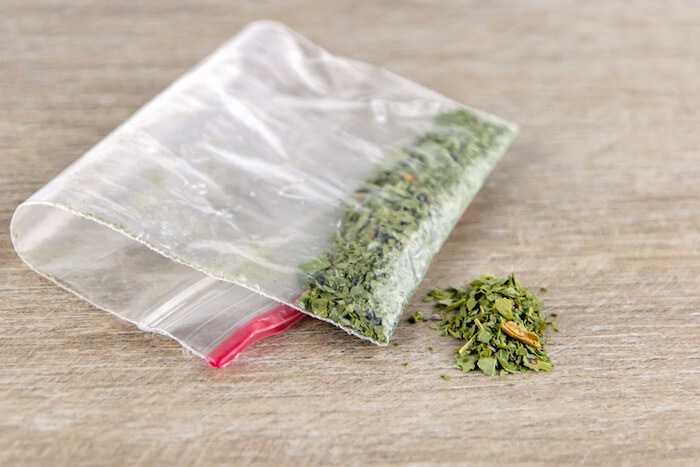It can be difficult to know how to help when you suspect someone you know and care about may have an alcohol use disorder. You may have already tried speaking with them and been met with anger and denial, or you may not know what to say. This article will explain how to talk about alcohol abuse and the most effective ways to encourage someone to seek help and treatment if they are struggling with alcohol addiction.
Alcoholism — How to Help
- Try to speak with them earlier in the day, when it is more likely they will have consumed less alcohol.
- Stay calm and don’t accuse someone of having a problem with alcohol; instead, ask open questions about how they are and what’s going on in their life.
- Approach their drinking with understanding, explain you care about them and want them to know you are there if they need help or support.
- Explain how their drinking is affecting the people around them.
- Speak with friends and family to arrange an intervention.
What Is Alcoholism?
Knowing if someone is abusing or addicted to alcohol is not easy. Alcohol is such an accepted substance that people drink regularly without having any apparent problems, making it easy to hide the first signs of alcohol abuse. Alcohol abuse disorder can be mild, moderate or severe.
When someone has severe alcohol use disorder, they are usually considered an alcoholic. Severe alcohol abuse disorder often follows consistent abuse of alcohol, and this could be binge drinking, drinking over the weekly amount of recommended units or drinking alcohol every day.
The definition of alcoholism or alcohol use disorder (AUD), according to the National Institute on Alcohol Abuse and Alcoholism (NIAAA), is “a medical condition characterised by an impaired ability to stop or control alcohol use despite adverse social, occupational, or health consequences.”
Symptoms of Alcoholism
If you are worried someone you know is abusing alcohol and could be an alcoholic, there are symptoms of alcohol use disorder that may indicate alcohol addiction.
Behavioural symptoms of alcohol use disorder include:
- hiding alcohol consumption or the amount of alcohol consumed at one time
- drinking large volumes of alcohol without getting “drunk”
- responding with anger and denial when approached about drinking alcohol
- poor personal hygiene
- avoiding socialising
- taking sick leave from work on a regular basis
- finding reasons and making up excuses to drink alcohol
- drinking in the day.
Physical symptoms of alcohol use disorder include:
- Tremors (involuntary shaking)
- anxiety and depression
- not being able to remember their actions (blackouts) when they have been drinking
- fatigue
- poor memory and confusion
- regular minor injuries.
How to Talk to and Support an Alcoholic
There are several ways to get an alcoholic help and encourage them to seek treatment. The most important thing to remember is you are not to blame for their alcohol use disorder.
Knowing how to talk and help an alcoholic friend or loved one is challenging. One way to make this easier is to use statements that express your concern and why you are worried.
Statements need to be personal and not accuse the person of drinking too much. You could use “I” statements, such as:
“I am worried about you drinking alcohol every day.”
“I have noticed that you drink a lot when we are out and it is concerning me.”
“I miss spending time with you.”
“I am concerned about how many sick days you have been taking.”
Provide options for seeking help, such as:
“Have you thought about speaking with someone about your drinking habits?”
“Would you like any help finding someone to speak to about your drinking?”
“Do you need someone to take you to a rehabilitation program?”
“Can I help you find treatment options for alcohol abuse?”
You may also find it helpful to share information about detox programs and alcohol rehab centres for alcohol use disorder. It is advisable to read the information yourself in advance so that you can discuss things like drug rehab admission options, outpatient and inpatient treatment and how to take the next steps.
Other Ways to Support an Alcoholic
There are various ways to support an alcoholic if you don’t feel comfortable speaking with them. Here are some other ways to help an alcoholic friend or someone who might have an alcohol use disorder.
- Avoid going to bars, pubs, or places where alcohol is served
- Don’t drink alcohol when you are with them
- Suggest going teetotal together (not drinking) at social events
- Don’t give them money. If you want to help with something, always pay for it directly.
Things to Avoid When Trying to Help Someone with Alcoholism
When you are trying to get someone to seek help and treatment for alcohol use disorder or alcoholism, there are also things you should not do.
- Avoid taking on responsibilities for your loved one or covering up their drinking.
- Don’t feel upset if someone does not want to speak with you. If they are unwilling, it is better to try again another time.
- Try not to get angry, and never give ultimatums or bribes. This will only make the person feel attacked and become defensive or even deny that they have a problem.
- Don’t neglect your own self-care and needs. Supporting someone with any type of abuse disorder is stressful, so seek support from your doctor or mental health professional. Alternatively, if the person is receiving treatment, you can contact their treatment centre to ask how to access help and support for yourself.
Supporting Someone during and after Alcohol Rehab
When someone is taking part in or has completed an alcohol rehab program or treatment, they will need support to abstain from alcohol. If you live with them, keeping your home an alcohol free zone is vital.
You should never feel entirely responsible for providing support and all good alcohol abuse centres should provide a number you can call if you are concerned about someone when they finish treatment. It is natural to panic and feel you are to blame if someone you are trying to support relapses. Try to stay calm and call their doctor or treatment centre for advice.
At Step by Step Recovery, addiction treatment means providing support not only to the people we treat but also to their friends and family.
We can offer free advice on supporting and treating addiction. Step by Step Recovery exists to help individuals beat drug addiction permanently. Please complete our online assessment form to learn more about our bespoke alcohol rehab-treatment programmes. Alternatively, please call our understanding team on 0800 170 1222 for more information about our private outpatient rehab and inpatient or residential rehab for drug addiction.
We are here to offer you advice on treatment options and the next steps.




